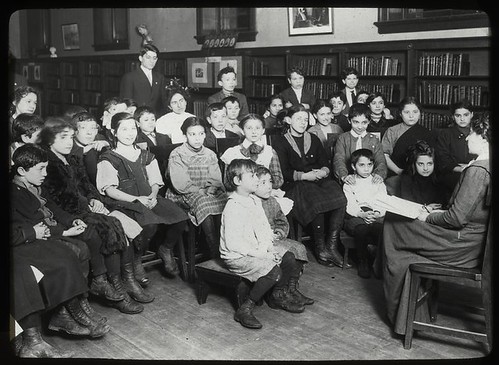Thing 18 is about incorporating podcasts and screen capture into our practice. It's appearing out of order because I was hoping to get some actual podcasting done before I published.
I’ve started experimenting with using Screencast-o-matic and Screenr software at work to incorporate a catalogue search demo in an online library induction. The main problem at the moment is a compatability issue between their files and our e-learning software. I’m determined to get it sorted though, because they do the job so well.
I have not yet found time to make a podcast. I am determined I will do this, but it’s more likely to be a knitting related one than a library one. I am a keen podcast listener and I find I enjoy most the podcasts which have 2 voices – this is possibly more about interaction between the podcasters than a voice issue. If a single podcaster is talking the podcast needs to be shorter and more focused. The voice quality is important – I had to stop listening to one podcast which I otherwise liked very much because the podcaster’s voice just put my teeth on edge. I’m also not keen on music being played in the podcast – if I want music I can find it for myself.
Having said that I did come across the fantastic “Codemonkey” song on a podcast.
Having said that I did come across the fantastic “Codemonkey” song on a podcast.

